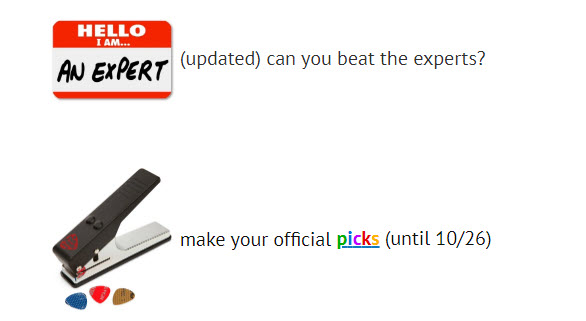With record levels of absentee voting in Michigan, trends seem to moving “a little bit in the Democratic direction,” a Michigan State University political scientist forecast in the State of the State Podcast.
Michigan’s election landscape still looks uneven, Matt Grossmann, director of MSU’s Institute for Public Policy and Social Science, said in the monthly IPPSR broadcast that covered politics, economics and a new election “pick-em” game, Election Madness.
See more about Election Madness on MSUToday. It was also featured in Grossmann's first-person piece Election 2020 in MSU's Spartan Alumni Magazine.
On the podcast, MSU Economist Charles Ballard projected a pickup in the economy late in 2021 or even by mid-2022 as job losses have worsened recently and further fiscal stimulus legislation stalls.
Political scientist Eric Gonzalez Juenke was the October podcast’s featured guest. With Grossmann’s help, he created the game inviting policy wonks, researchers, faculty and students to pick Nov. 3 election winners in 21 races.
Picks are due by Monday, Oct. 26. Juenke and Grossmann select the winners – in this game -- for honors only.
At the same time, Michigan voters are casting ballots to elect president, U.S. Congress, state House of Representative, state Board of Education, higher education boards and local positions across the state.
“More than a million people have already voted in Michigan, and we will expect those numbers to climb,” Grossmann said during the podcast to be broadcast over WKAR on Sunday, Oct. 25 and streamed online now at WKAR.
Until 2018, Michigan voters had 30 days before a presidential election to register to vote. They could vote absentee only for certain reasons.
In 2018, a Michigan constitutional amendment allowed absentee voting for any reason and empowered voters to register up to and including the day of election. Facing the pandemic coronavirus in 2020, Michigan’s absentee voters were encouraged to mail ballots or drop them off at drop boxes or in person at local clerk’s offices.
With that change, “it’s really sort of uncharted territory for us,” Grossmann said. “But overall, (Vice President Joe) Biden is leading in the national polls. Democrats and Biden are both spending a lot more than Republicans. And the trends seem to be moving a little bit in the Democratic (Party) direction.”
While Biden is ahead in most national polls leading up to the Nov. 3 national election, Grossmann recalled 2016’s election. Polls then predicted former Secretary of State Hillary Clinton ahead of then-candidate President Donald Trump in 2016. He is now seeking a second term.
“I would caution that in both the 2016 and the 2018 elections, we saw early voting enthusiasts talk about Democratic advantages building over time, only some of which materialized when all of the votes were counted.”
Absentee ballots require voters to take additional steps, like signing their ballots, Grossmann said. Such requirements may offer a statistical trade-off between incomplete ballots and increased voter enthusiasm. “It's just a displacement of a vote rather than a real change,” he said.
Meanwhile, the economy has changed from “horrifying” this April to “only bad” this fall, Ballard observed. It may not approach a more “normal” status until the pandemic is under greater control, he said. “Many of the forecasts suggest that the economy might be able to return to its pre-COVID-19 state by sometime in late 2021, or in the first half of 2022.”
Job losses have hit more women, minorities and lower-income households, Ballard said. U.S. Census Bureau data, due next September, will increase an already 40-year trend in income inequality, he added.
 For the past 10 years, Juenke had hoped to create an election-year competition with the excitement of the National College Athletic Association’s college basketball championship. The NCAA games have become known as “March Madness” for their spring timing. Fans play along by selecting winning teams.
For the past 10 years, Juenke had hoped to create an election-year competition with the excitement of the National College Athletic Association’s college basketball championship. The NCAA games have become known as “March Madness” for their spring timing. Fans play along by selecting winning teams.
Some 3,000 students are now competing for game points. IPPSR Technology Manager Jes Sprague created an app so teams can play together against faculty and national pundits.
Juenke and Grossmann calibrated points. Select upset winners successfully, and “you win the points,” Juenke said.
For example, Democrat Hilary Scholten is running against Republican Peter Meijer for Michigan’s open 3rd District Congressional seat. Pick underdog Scholten to win in an upset to gain six points. Pick Meijer, favored for his name recognition as grandson of supermarket founder Fred Meijer, to gain four game points.
The online game also hosts links to election forecasts, political science resources, scorecards and point calculators.